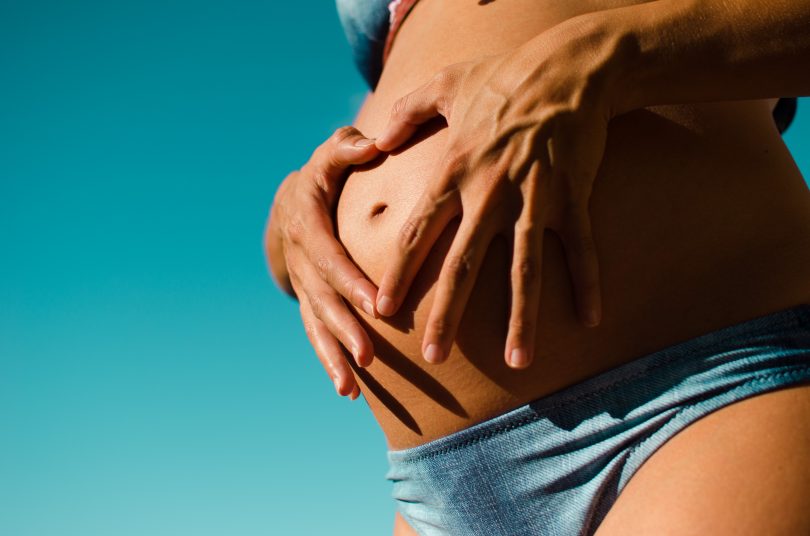Morning sickness is a common part of most pregnancies. It’s the nausea and tiredness that appears 6 weeks into pregnancy and tends to last 8 week.
You may be expecting early morning races to the bathroom and a lot of hair holding. It is worth knowing more about how morning sickness can manifest and what more extreme cases look like.
Kate Middleton’s third pregnancy has once again brought hyperemesis gravidarum to public attention. The condition is an extreme form of pregnancy sickness. We take a look at the symptoms that may indicate that your partner may need further medical attention.
Morning sickness
Many dads have done their research and are ready to support their partners with the vomiting and nausea that accompanies pregnancy. However, it’s important to know that these symptoms differ from person to person.
80% of expectant mothers suffer from the traditional queasiness and going off foods. A lucky few may not be affected as badly and on occasion some women don’t feel it at all.
Pregnancy sickness can take place at any time of the day. It could be brought on by eating something, the smell of something, or even bright lights. This can take its toll on your partner and have a real impact on their mood and well being. Luckily it doesn’t last the whole pregnancy and should end around the 14 week mark.
Hyperemesis gravidarum
1% of expectant mothers suffer from a more extreme version of morning sickness. The symptoms are amplified and make the experience extreme unpleasant for sufferers of the condition. Some symptoms include:
- Being sick up to 50 times a day
- Weight loss
- Dehydration
- Low blood pressure
- Headaches
- Heightened sense of smell
Unlike regular pregnancy sickness, hyperemesis gravidarum may not improve by the 20 week mark. On occasion it has been known to continue up until child birth. So how can you help to alleviate discomfort and treat the condition?
Looking after mum
Get her to take a leaf out of The Duchess of Cambridge’s book and rest up. Rushing back to work the minute an episode has passed won’t help her to recover fully.
If there are any triggers that cause particularly bad nausea plan ahead and avoid them. Make sure you know what is setting off her sickness, such as certain smells or places. Then support her by avoiding those triggers!
Carrying around water and fruit can help for the moments when sickness abates. Ice-cubes are a great way to rehydrate. In extreme cases where no liquids can be held down it is important to see a doctor to avoid dehydration.
See a doctor
If you notice your partner is having a particularly bad experience with pregnancy sickness, take her to the doctor. Although no harm will come to baby, symptoms such as weight loss and dehydration may need further medical support.
Anti- sickness medication prescribed early on can really help. It will also avoid extreme levels of dehydration that may require an intravenous drip.
Not alone
Many women go through the same symptoms. If your partner is suffering with extreme sickness it may help to talk to other people who are going through the same experience.
Your support and understanding will help her to get through this unpleasant part of pregnancy.





























